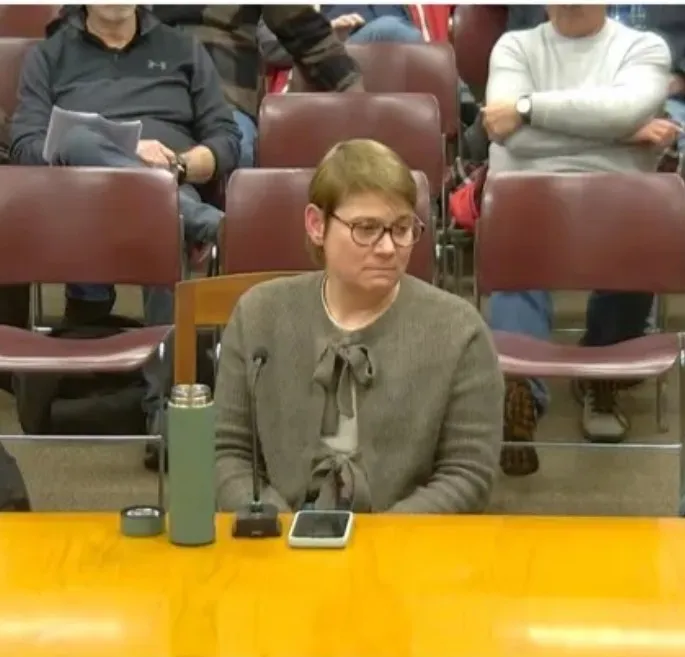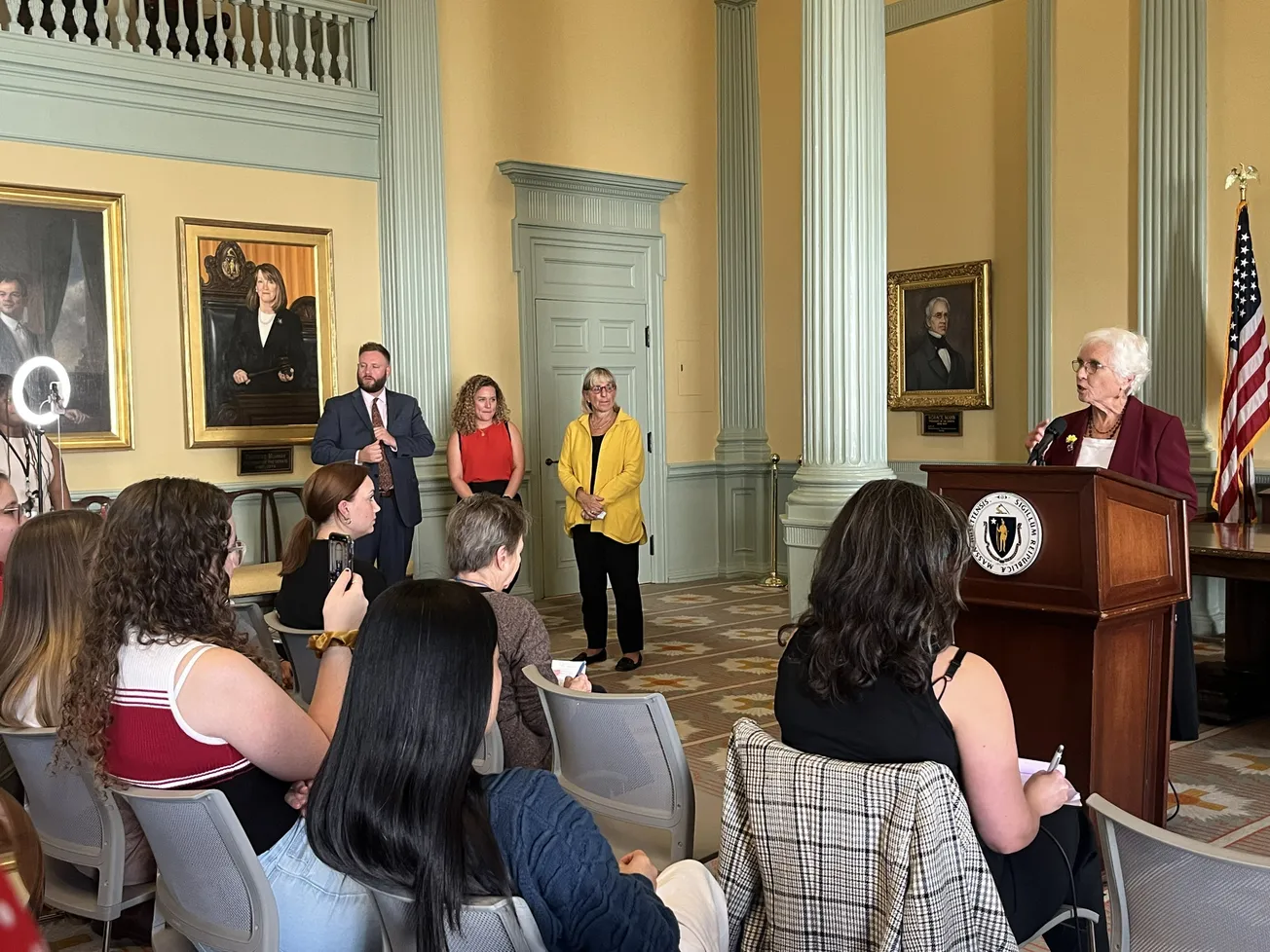Table of Contents
The following was submitted by the Office of Sen. Patricia Jehlen:
The Massachusetts Senate passed a bill to bring Massachusetts laws into the 21st century by removing offensive language from state statute.
An act amending certain laws relative to individuals with disabilities, strikes the “r-word,” a derogatory slur for people with disabilities, out of state law in the dozens of instances where it currently appears. This includes renaming an entire chapter of law that prominently includes the r-word.
The bill, S.137, also builds person-first language into state law, prioritizing terminology like “person with a disability” that places the individual first. Other outdated references such as “handicap” or “needy” to describe people with disabilities are also erased from the law.
“Words are important. Language changes. We should use language that respects the people it refers to, and listen to them,” said Sen. Patricia D. Jehlen. “Fifteen years ago, a friend told state Rep. Denise Provost and me how disrespected she felt being called ‘handicapped.’ We filed a bill to remove 10 sections of the general laws that used that word.
“Over the years, we have found nearly 400 sections with offensive words, including the r-word. We have changed the names of three offices because the people they serve asked for more respectful names: the Department of Mental Retardation is now the Department of Disability Services, the Massachusetts Rehabilitation Commission is now MassAbility and the Executive Office of Elder Affairs is now the Executive Office of Aging and Independence, or AGE,” she continued. “But there are 362 sections of the general laws that still use offensive words. Today at last we move to replace them with language that is preferred by those it refers to.”
In order to better support another community of Massachusetts residents during today’s debate, senators adopted an amendment inserting the term “deaf or hard of hearing” in several sections of state law, replacing the outdated term “hearing-impaired.”
This further ensures that language in state law reflects the terminology that community members prefer. Including this amendment, the bill updates 373 instances where the law refers to people using outdated terminology.
Melissa Reilly, advocate for people with disabilities and former policy advisor to Sen. James B. Eldridge: “The Archaic Language Bill, S.137 — An Act amending certain laws relative to individuals with disabilities — is really important because all people with disabilities should be treated and respected by others and not mocked or judged or bullied by others for their disabilities. We are all unique and deserve respect, we do not want to be known as the ‘r-word.’ We all are unique and different. People with disabilities deserve respect. We are able and capable and not disabled. We are hardworking people and we need to be respected and dedicated and have dignity. Please help us to make a difference and support this bill.”
Maura Sullivan, chief executive officer of The Arc of Massachusetts: “The Arc of Massachusetts is deeply grateful to the Senate for passing legislation today to rid our state laws of offensive and outdated language referencing the disability community. This bill has been a long- time priority for The Arc and our community. Today’s vote sends a clear message in an important moment — such language has no place in our laws or in our society. At this moment when disability rights are being threatened, we must show up every day to reaffirm our commitment to uplifting and valuing this community. This bill does just that. We want to thank Senator Jehlen for her steadfast leadership; Senator Lovely, Senator Rodrigues, and Senate President Spilka for prioritizing bringing this to the floor; and the countless advocates, including Melissa Riley, who have made their voices heard. We look forward to working with our champions in the House to pass this bill. The Arc will continue to fight for laws and policies that reflect the values of accessibility, independence, and dignity for all.”
The disabilities language bill was reported out of the Joint Committee on Children, Families and Persons with Disabilities on June 23, 2025, and was placed on the Senate calendar for debate by the Rules Committee on July 17, 2025.
Votes of both committees are available online, along with a full summary of the legislation.
A recording of the Senate’s livestreamed debate and votes can be found archived on the public website.
The Senate passed the bill on 40-0 roll call vote. The legislation now moves to the House of Representatives for consideration.







